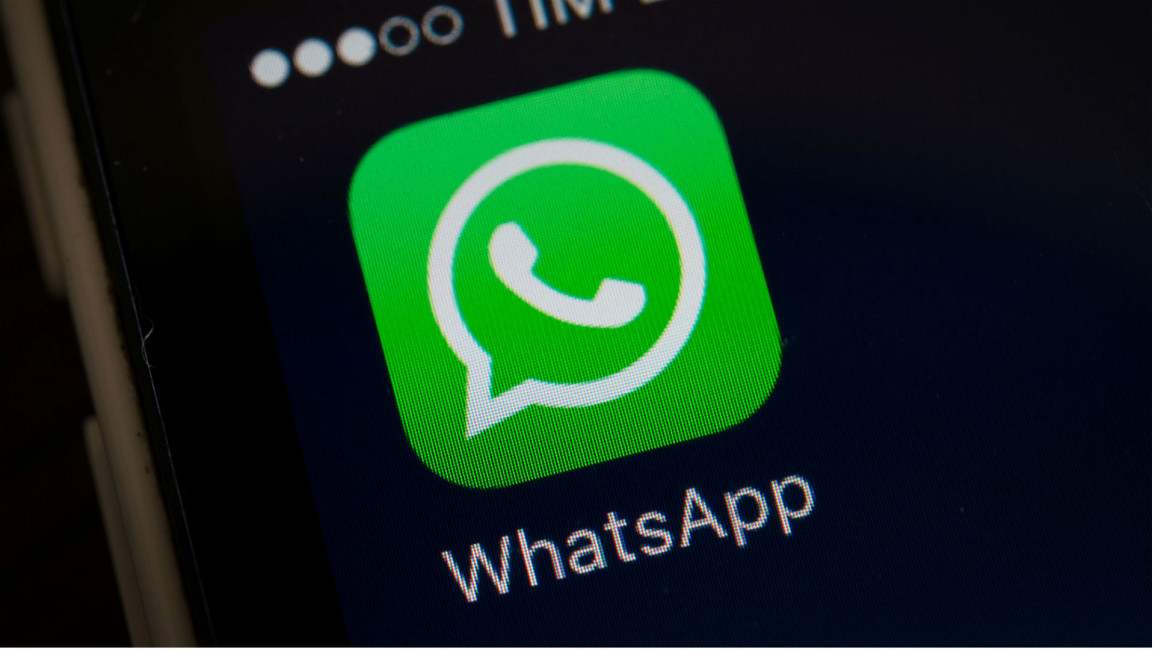WhatsApp encryption under scrutiny after London attack
Khalid Masood, the 52-year-old Briton who killed four people before being fatally shot, reportedly used the Facebook-owned service moments before the attack.
Speaking to Sky News, Home Secretary Amber Rudd said that it was "completely unacceptable" that security services were unable to crack the encrypted service.
"You can't have a situation where you have terrorists talking to each other – where this terrorist sent a WhatsApp message – and it can't be accessed," she said.
In another interview with the BBC, Rudd said that the UK needs to ensure that "organisations like WhatsApp – and there are plenty of others like that – don't provide a secret place for terrorists to communicate with each other".
She added that despite genuine concerns, she did not intend to force the industry's hand with new legislation and would be meeting with key players to discuss this issue on Thursday.
Last year, US authorities battled in the courts against tech giant Apple to get it to unlock a smartphone used by the perpetrator of a terror attack in California.
The FBI's own experts ended up breaking into the device.
With extremists using the internet to recruit and spread propaganda, social media giants are also coming under pressure over extremist content posted on their sites.
In Germany, lawmakers this month proposed fining social networks like Facebook for failing to wipe illegal hate speech from their sites.
Google, meanwhile, has faced a boycott by companies whose adverts appeared alongside extremist content on its platforms, particularly the video-sharing site YouTube.



